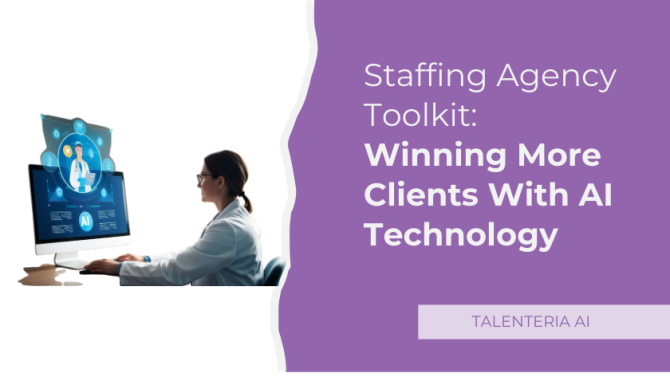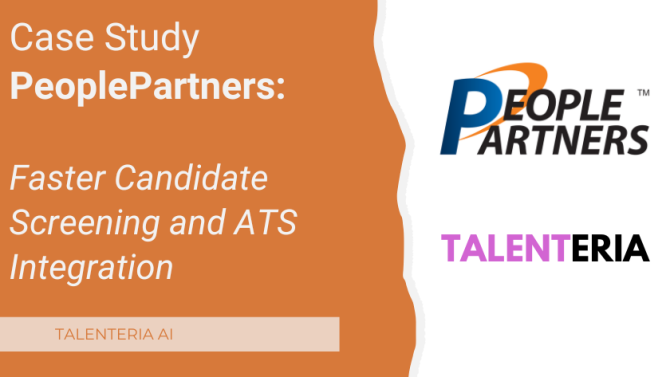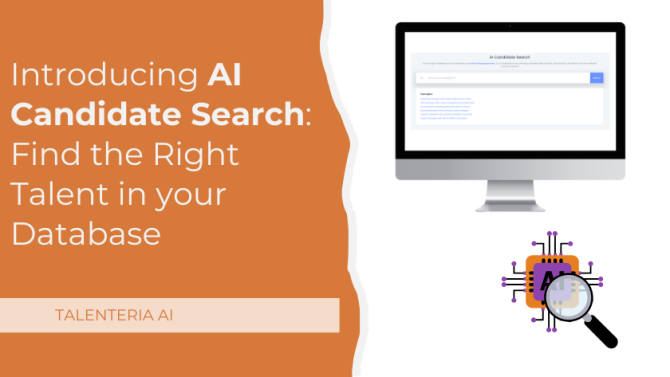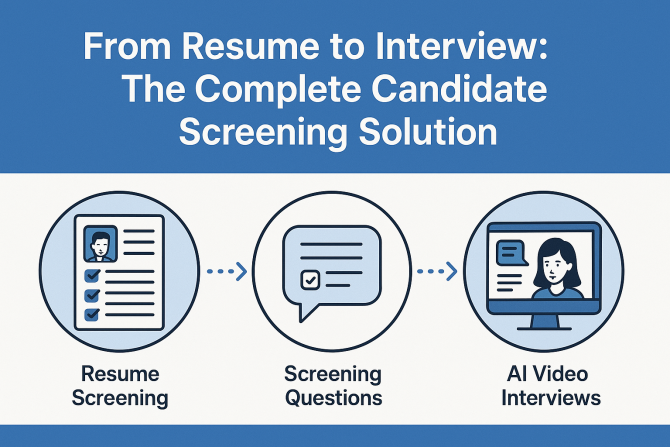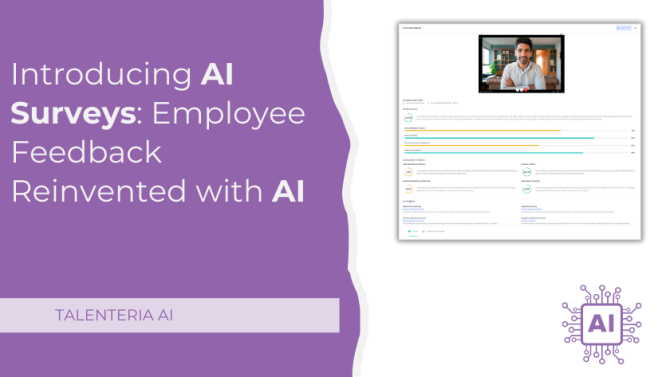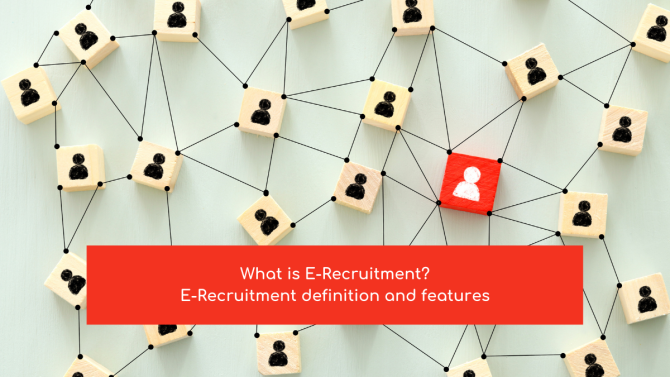
What is E-Recruitment?
Whether we like it or not, modern technology has changed almost every aspect of our lives. The wide availability of the internet and the extreme popularity of social media platforms has made us more connected, gave easy access to any information we might need, but it also invaded our private lives, changed our lifestyles.
It was only a matter of time before online space has become instrumental in the recruitment and job-seeking processes as well. According to the Pew Research Center survey, around 79% percent of adults in America were using online resources to find a job. These resources have become the reason of the rise of the new trend in recruitment – namely e-recruitment.
E Recruitment – Definition and Features
E-recruitment, sometimes referred to as online recruitment, is a combination of methods, tools, and activities that in one way or the other use the internet to find, select, attract, hire, and onboard the job candidates.
Besides being more in-line with current trends, e-recruiting is also considered to be more efficient, as it allows us to better manage large numbers of candidates. It is also less expensive, as the company doesn’t have to spend resources on such things as advertisements outside the internet and in-person interviews. Furthermore, as the previously mentioned statistics show, erecruitment provides access to a bigger talent pool.
Types of Online Recruitment Methods
Online recruitment methods can be used during different stages of the recruitment cycle. Here are the most common methods you can use in your e recruiting efforts:
- Post job advertisements on online job boards and other online resources (including social media websites);
- Use Applicant Tracking System (or ATS) to manage the resumes, access the employer referrals, and determine the candidate status by analyzing the position they’ve applied to and the skills they possess;
- Actively source the candidates on social media platforms (preferably professionally-oriented, like LinkedIn) or specific portfolio platforms;
- Conduct online interviews through video conferencing applications;
- Organize online testing and qualification checks;
- Do the candidate research and background checks.
Advantages and Disadvantages of E-Recruitment
As it is often the case with technologically advanced methods of conducting familiar activities, there are both pros and cons to e-recruiting. Let’s take a closer look at what makes the electronic recruiters’ job easier, and in what way it is harder.
Advantages of E-Recruitment:
1. Cost-effectiveness
The traditional recruitment process requires quite a lot of expenses. You need to pay for advertisement, in some cases, there are travel expenses, or you might even have to pay a third-party recruiter to get the best results.
When it comes to e-recruiting, all the costs are minimized. The advertisement is either free or very cheap, a lot of process automation makes sure there is less staff you need to pay to, and the flux of candidates makes the process much shorter, which saves funds as well.
2. Better Chance of Finding the Best Candidate
Firstly, online recruitment reaches a much bigger audience. With more applicants, there is a much better chance for you to find the right person for the job. Secondly, with the help of some HR software, you can create a detailed profile of an ideal candidate. Having that, you will know exactly what you’re looking for, thus you’ll be able to create the right job description and a job offer on the job board. The well-researched and measured approach will have a much better effect than simply posting about your position, both in terms of engaging with candidates and finding the right person for the job.
3. Easier Recruitment Process Management
The recruitment process often means managing an unhealthy number of documents and processes. With even more applicants, you gain more resumes, cover letters, recommendation letters from previous jobs, and other documents.
With the help of HR software, all of this becomes much easier to manage. You can sort the documents by a specific parameter, access them whenever needed, and delete the undesirable ones. It saves a lot of time for you to work on things that actually matter, pay attention to the candidates, and communicate with them more effectively.
4. Better Control of the Employer Brand
Employer brand matters a lot for the recruitment of the best talent, and it is even more important for electronic recruitment. In most cases, the first thing each candidate will know about your company is what they can find on the web. Through e-recruitment tools, you will be able to control that image.
On your social media pages, you can effectively highlight the most important aspects of your employer brand, such as your corporate culture, values, goals you work to achieve, strategies you use to do that. You can strengthen that image further by personalizing your interactions with potential candidates in your personal messages.
Disadvantages:
1. A Lot of Unsuitable Candidates
Having a large number of applicants has its upsides, but it has its downsides as well. Some of the candidates you will review will not be qualified enough to take the position, as people often apply just to check if they have any chance of getting the job.
What’s worse is that you may encounter fraudulent applicant that purposefully apply to the position they will never get. Sometimes it is done to gain more information about the company and its security weak spots, sometimes the attacks are aimed directly at the HR specialist. Either way, it’s a problem you can’t avoid with e-recruitment.
2. Impersonal and Informal
Another big downside of e recruiting is that it is based on online interaction, which, while efficient, often seem impersonal, especially compared to face-to-face interviews. The closest thing that you can do is video chat.
One other persistent belief about online interactions is that they are more informal. That’s why the applicants for higher job positions are often interviewed in-person so that the company seems more esteemed. In the wake of the COVID-19 pandemic, this belief begins to shed, as forced in-person interactions are associated with companies’ disregard for the health and safety of their employees and the applicants.
